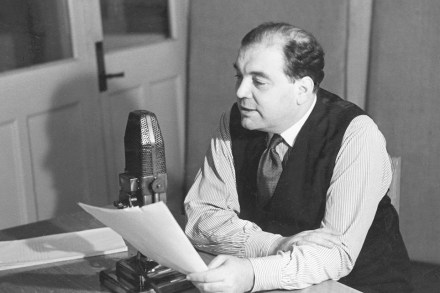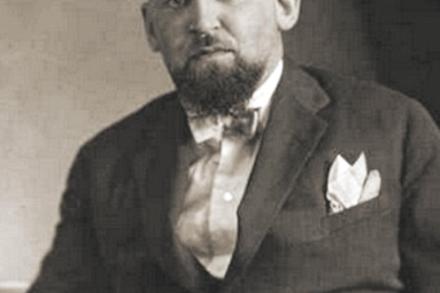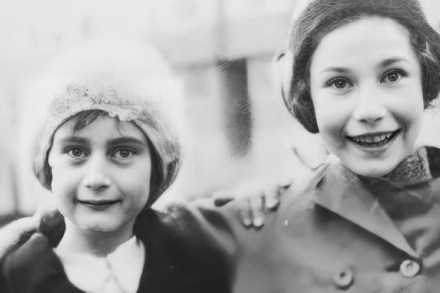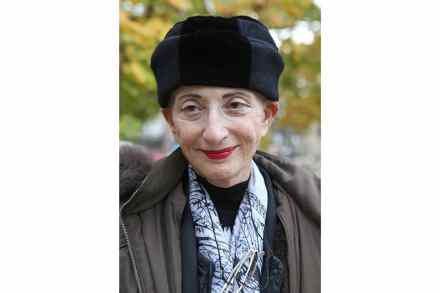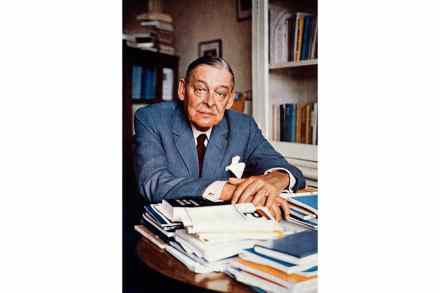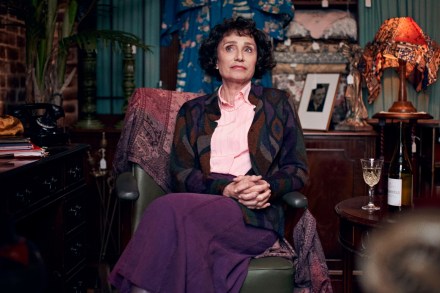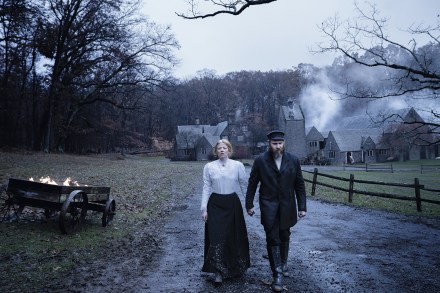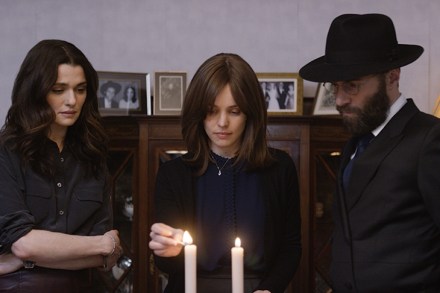A helpful suggestion for Taylor Swift’s boyfriends
Sir Mark Rowley should not resign. We must try to break our habit of getting rid of each Metropolitan Police Commissioner before his/her term is complete. He has done nothing iniquitous or seriously incompetent. He is, however, systematically wrong about the right to protest, elevating it over the much more important right of the general public to own the streets. His parlaying with self-appointed Muslim community leaders privileges them. The weekly Gaza marches in London are effectively mobile no-go areas. This was confirmed by the altercation between Gideon Falter and the police sergeant who told him he was ‘openly Jewish’. It was true that Mr Falter had willed such an




